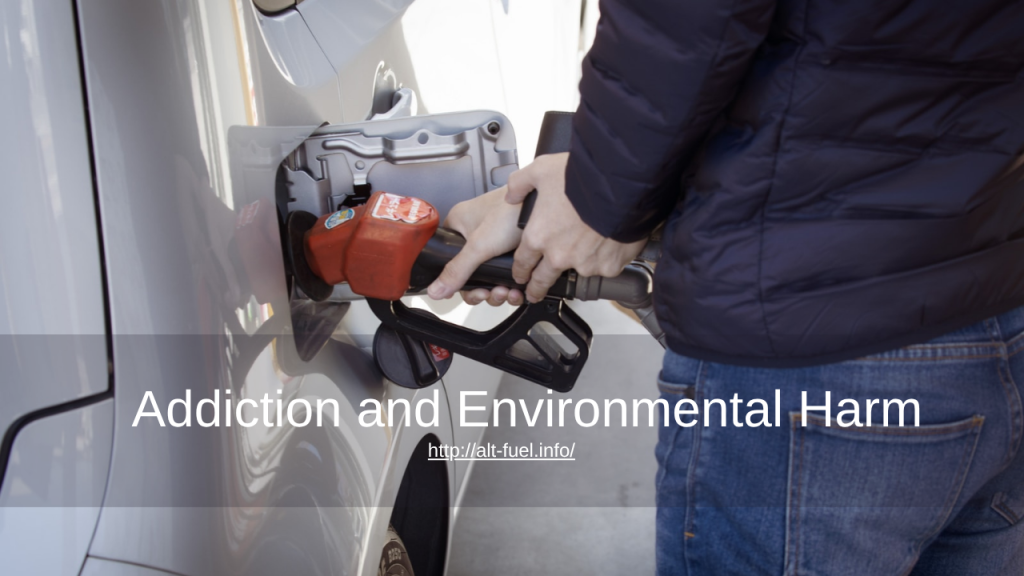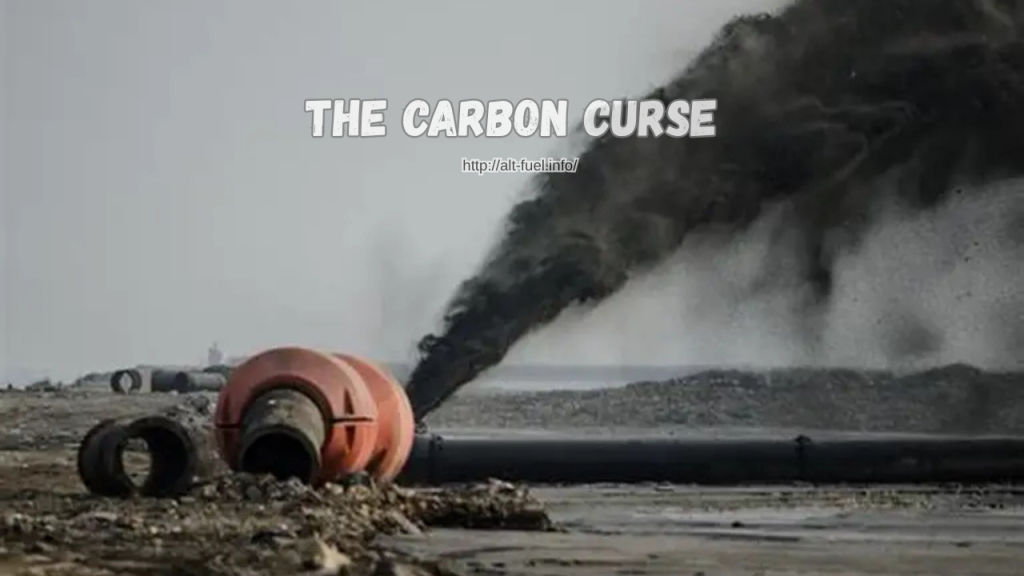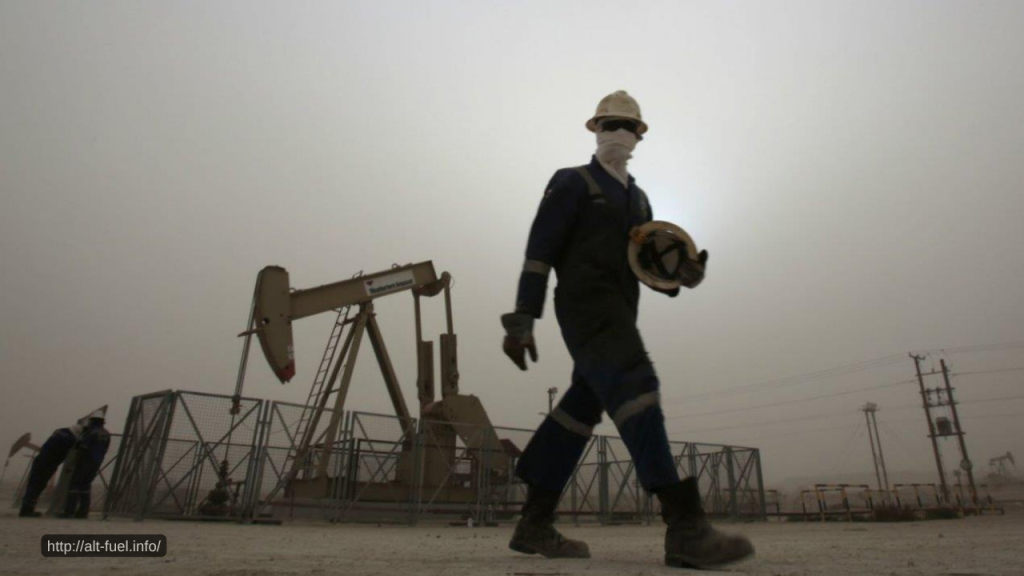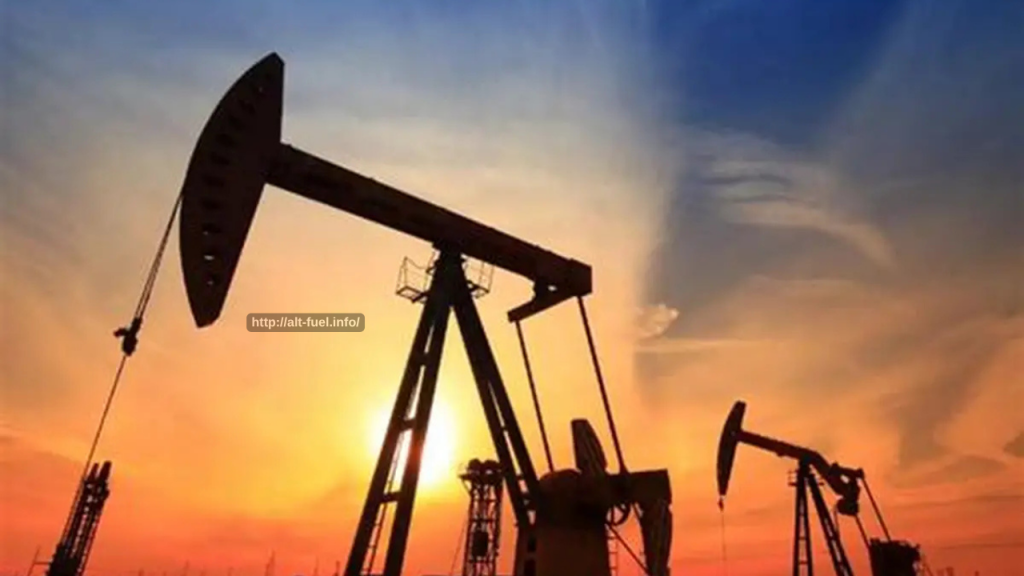
Across North America, our relationship with oil has become more than just dependence—it mirrors the patterns of addiction itself. Like any powerful substance, oil has fueled growth, comfort, and convenience, yet it has also led to serious consequences: environmental damage, economic instability, and emotional disconnection from the planet that sustains us. To move forward, we must treat this crisis not only as a political or technological issue but also as a moral and psychological one. Healing from oil addiction, much like recovering from personal addiction, begins with awareness, accountability, and the courage to change.
Acknowledging the Problem: Facing the Truth About Dependence
Healing always begins with honesty. In addiction recovery, the first step is recognizing the harm that dependence has caused. North America’s oil habit has created deep scars on the land and in the air—rising carbon emissions, polluted oceans, and disrupted ecosystems are all signs of a society that has lost balance. For decades, we have relied on oil to power our cars, industries, and homes, but that comfort has come with a cost.
Just as individuals in recovery confront the reality of their actions, communities must now face the truth about energy consumption. The acknowledgment of this dependence is not meant to bring guilt but rather to inspire transformation. True healing happens when awareness turns into responsibility.
The Emotional Parallels: Addiction and Environmental Harm
Oil addiction is not only a physical or economic problem—it reflects a deeper emotional and spiritual imbalance. In addiction treatment, professionals often explore what drives the compulsion: the need for control, comfort, or escape. On a societal level, our attachment to oil stems from similar desires. We crave convenience and stability, even when it harms our collective health.
At alt-fuel.info, the philosophy of recovery goes beyond breaking habits. It involves restoring harmony between mind, body, and spirit. Likewise, overcoming oil dependence requires holistic healing. This includes acknowledging the emotional roots of overconsumption and reconnecting with values like stewardship, gratitude, and respect for creation.
Building a New Path: Sustainable and Compassionate Solutions
In addiction recovery, lasting change happens when new, healthier habits replace old destructive ones. The same principle applies to energy use. North America has the power to transition toward renewable sources—solar, wind, and biofuels—that align with both environmental health and human wellbeing.
However, technology alone cannot fix a broken relationship with the planet. Healing requires compassion, faith, and collective action. Communities can embrace sustainable living practices such as public transportation, energy efficiency, and support for clean energy policies. On an individual level, small choices—reducing waste, choosing cleaner fuels, and supporting eco-conscious initiatives—can create a ripple effect of recovery across the continent.
Faith and Renewal: Finding Strength in a Shared Mission
Recovery often involves faith—faith in the process, in oneself, and in something greater. For many, this means reconnecting with spiritual values that promote care and compassion. Addressing oil addiction can be viewed through the same lens. It is an opportunity to renew our relationship with the earth, to rediscover humility, and to live in harmony with the environment rather than against it.
Holistic, faith-based healing recognizes that restoration is not just physical but emotional and spiritual. When we treat the planet with respect, we also nurture our own mental health and sense of purpose. Healing the earth becomes a reflection of healing ourselves.
Choosing Recovery Over Dependence
Breaking free from oil addiction is not an easy journey, but every recovery begins with a single, courageous decision—to change. North America’s path toward sustainability requires that same courage. Through awareness, compassion, and commitment, we can replace destructive dependence with renewal and resilience.
If you or someone you know is struggling with personal addiction or emotional imbalance, remember that healing is possible. At alt-fuel.info, we believe in holistic, individualized care that restores balance in both people and the planet. Reach out today and take the first step toward recovery—for yourself and for the world we share.


